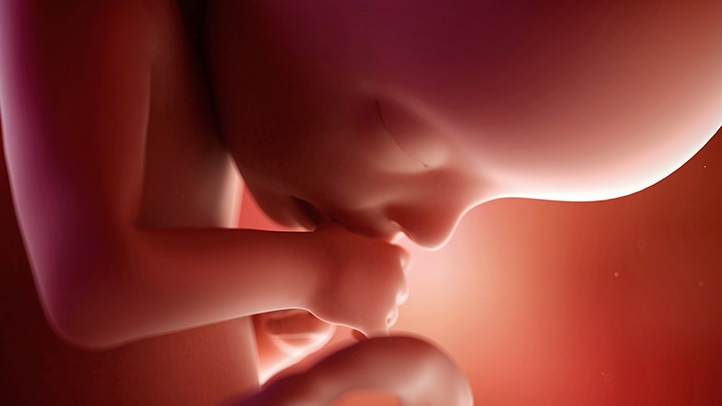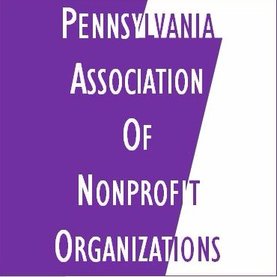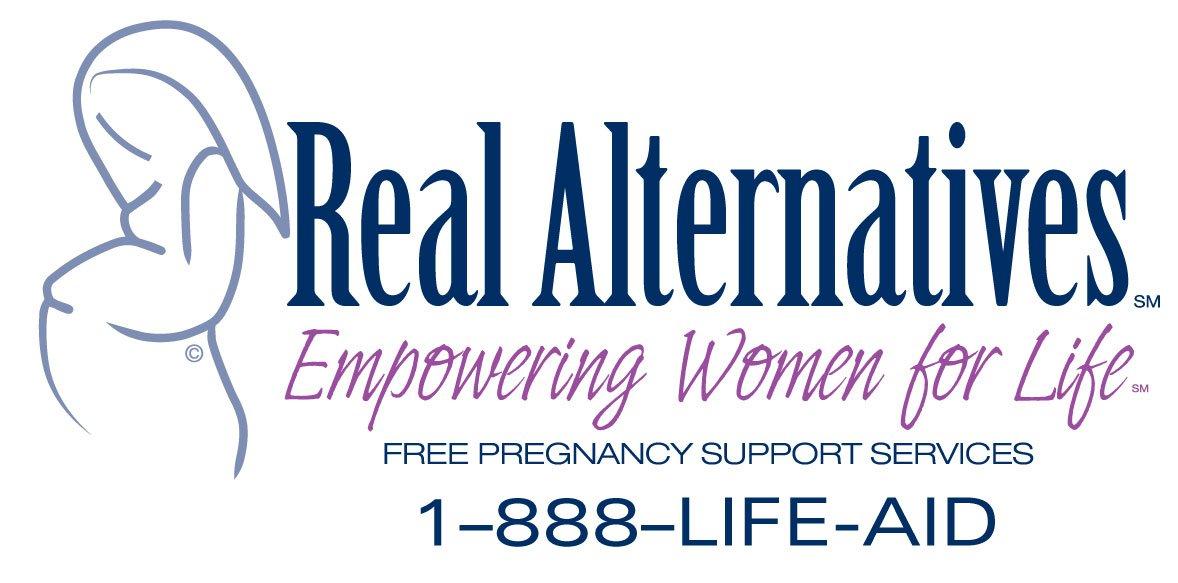|
Since its establishment in the 1990s, Real Alternatives has offered expectant and new mothers access to free counseling and advice through its service provider network and website. Beyond pregnancy support, Real Alternatives provides information about sexually transmitted diseases such as genital herpes.
According to the Centers for Disease Control and Prevention, genital herpes affects approximately one-sixth of people between the ages of 14 and 49 in the United States. An incurable viral infection, genital herpes causes sores and blisters on and around the genitals. Many patients also experience unpleasant tingling sensations in the buttocks, legs, and genitals. Though the sores typically disappear within three weeks, the virus that causes them stays with the patient for life and is often passed through sexual contact. Doctors can provide several antiviral treatments to control the symptoms of genital herpes. Women should understand that they can pass the condition to their babies, which can cause complications. However, doctors can take steps to prevent transmission in utero.
0 Comments
From its headquarters in Harrisburg, Pennsylvania, Real Alternatives reaches out to assist women experiencing crisis pregnancies throughout the Midwest. In an innovative funding project, the organization partners with the governments of three states in providing social services such as adoption education, counseling, and parent training. Over the past 20 years, hundreds of thousands of women have benefited from Real Alternatives’ work.
Parenting education programs have become increasingly needed across the United States since many of today’s single mothers lack a strong network of family support. Parenting education can include information about the normal course of child development, the care of infants and toddlers, common childhood illnesses, managing behavior issues in positive ways, and more. Classes for parents can be individually based or held in groups. Many of those currently operating in the U.S. meet once a week for as long as several months and offer follow-up support as necessary. Experts point out that parents who take such classes are typically more self-sufficient and offer their children a more stable, healthier environment. And children whose parents have graduated from parenting courses tend to be better adjusted and experience closer bonds with their parents.  With a strong presence in Pennsylvania, Indiana, and Michigan, Pennsylvania-based Real Alternatives partners with state departments of health and human services to offer high-quality pregnancy counseling, parent support, and information on alternatives to abortion. Real Alternatives believes that the more women know about their developing babies, the less likely they will be to choose abortion. A highly sophisticated network even long before birth, the human nervous system is among the first physical structures to develop in an embryo’s body. Sixteen days after conception, the baby’s neural plate forms, this will be the foundation for his or her central nervous system. The neural plate grows and forms into a neural tube. The neural tube divides into several distinct regions of the brain. Twenty days after conception the baby’s brain, spinal column and nervous system are virtually complete. The baby’s nervous system consists of millions and millions of neurons, each with tiny branches. As these branches connect, synapses, a kind of communication from one nerve cell to another occurs. This communication between neurons allows for early fetal movements, these fetal movements are both spontaneous and voluntary. By week 8 the baby can wiggle his or her limbs and has developed a sense of touch. The baby’s face, arms and legs are sensitive to touch at week 11. The baby can turn her head, curl her toes, squint, hiccup, frown and smile by week 12. At week 13, babies’ facial expressions are similar to her parents. At week 16, babies can swim and turn somersaults. An expectant mother can anticipate feeling her baby’s movements, typically between the 18th and 22nd week of pregnancy. Real Alternatives provides pregnancy and parenting services in the states of Pennsylvania, Indiana, and Michigan. Pregnancy counselors with Real Alternatives connect pregnant woman with an assortment of supportive services and resources, including information on the stages of pregnancy. The following are four health tips for the first trimester:
1. Find a primary care doctor. Regular visits to a prenatal care doctor throughout the duration of your pregnancy are essential to your health and the health of your baby. Take the time to find a quality prenatal care provider. You can ask family and friends for recommendations, or search online for top-rated doctors in your area. 2. Learn about prenatal nutrition. Talk to your doctor about proper prenatal nutrition, including which foods to eat and which to avoid. In addition, consult with your doctor about prenatal vitamins. 3. Cease alcohol and tobacco use. The use of alcohol and tobacco during your pregnancy poses significant risks to the health of your unborn child, including the potential for prenatal complications and premature birth. Research also indicates that smoking and alcohol consumption can inhibit fetal growth and increase the risk of stillbirth. 4. Stay hydrated. Increase your intake fluids over the course of your pregnancy. Consult with your doctor about how many ounces of water you need to consume per day.  Operating in Indiana, Michigan, and Pennsylvania, Real Alternatives provides expectant mothers with helpful resources and pregnancy support. The Real Alternatives website helps visitors understand sexually-transmitted diseases (STDs) and points to chlamydia as the most common STD in the United States. According to a 2015 report published by the Centers for Disease Control and Prevention (CDC), chlamydia affects approximately 1.5 million people every year. A bacterial STD, chlamydia affects both men and women and is often symptomless. However, if left untreated, it can cause a burning sensation during urination and abnormal genital discharge in both genders. Further, women may experience pelvic inflammatory disease, which is a leading cause of infertility and ectopic pregnancies. Happily, chlamydia can usually be completely cured through a program of antibiotics. The most common antibiotics for chlamydia treatment are doxycycline and azithromycin. When treated with azithromycin patients take a one time dose of 1000 mg whereas those treated with doxycycline complete a course of treatment that requires taking 100 mg twice a day for one week. Sexual partners should also be treated to prevent reinfection. Doxycycline should not be taken during pregnancy but azithromycin is safe during pregnancy.  Offering support services, education, and material assistance through a network of 99 trained counselors operating in agencies throughout Indiana, Real Alternatives helps women from all backgrounds come to terms with their pregnancies and make the choices that are right for them and their babies. The support offered by Real Alternatives can be bolstered by significant others, including family members, and they often play crucial roles in helping pregnant women during their most trying times. If your girlfriend or wife is pregnant, this is what you can do to show support. 1. Listen whenever she needs to talk, especially if the pregnancy was unexpected. Reinforce the fact that it is natural to feel scared or worried and do everything you can to reassure her and offer comfort. 2. Attend every medical appointment she has to show you are willing to be there in person. This will place her at ease, plus you will be able to share in the joy of hearing your baby’s heartbeat for the first time. 3. Read books and seek support from organizations that can offer more advice. Improving your knowledge and taking care of your own needs will help you do the same for your wife or girlfriend.  Real Alternatives has served more than 275,000 women seeking assistance with crisis pregnancy, adoption, and maternal health support. As part of its regular services, Real Alternatives encourages families and friends of expectant mothers to provide support in cases of unexpected pregnancies. It is often difficult and even frightening for women when they experience an unexpected pregnancy, but they do not have to make the journey alone. Friends and family are some of the most important support a woman has. These parties often do not know how they can assist her, but there are a number of ways they can help a loved one navigate her unanticipated pregnancy. The best thing a mother, partner, or friend can do for the expectant mother is to be there for her. A friend should offer to drive her to her appointments or help her locate her local pregnancy support centers. Family members can assist by providing emotional reassurance that she is not alone and together she can have a bright future. Unexpected pregnancies are also challenging to the partner of the mother, who may also need support. However, it is equally important that the partner focus on listening to her and preserving her well-being. They can do this in a number of ways, from assuming more household responsibility to ensuring that she has ample opportunities to relax and be healthy.  Real Alternatives is a nonprofit organization providing parenting support services in Michigan, Indiana, and Pennsylvania. Funded by the states they serve, Real Alternatives was one of the first organizations in Pennsylvania to meet all the accreditation criteria associated with the Pennsylvania Association of Nonprofit Organization (PANO) Standards for Excellence. A membership organization, PANO serves the nonprofit sector by providing specially trained consultants to assist groups with the accreditation process. The program is part of a national initiative that promotes the highest standards of ethics, accountability, and effectiveness in nonprofit management and operations. The applicants are required to demonstrate that they meet all the benchmarks of the Standards for Excellence code to receive accreditation. Throughout the process, resources are available to help charitable groups of all sizes implement a stronger infrastructure, ensuring legal and regulatory practices are being followed. Gaining accreditation benefits a nonprofit group by strengthening its officials’ decision-making skills, improving fundraising, and building trust within its community. Periodic reaccreditation assures continued compliance.  A nonprofit organization serving the states of Pennsylvania, Michigan, and Indiana, Real Alternatives encourages childbirth instead of abortion and provides a range of support services to assist women during pregnancy, delivery, and beyond. Through its pregnancy and parenting support programs, Real Alternatives has helped prevent newborn health issues and reduce abortion rates in the states it has served since 1996. In 2013, Pennsylvania and 11 other states saw record low abortion rates. The Pennsylvania Department of Health reported that the number of resident abortions performed in Pennsylvania in 2013 dropped by 7.39% to 30,749 from the previous year. That same year, a total of 19,956 women were served at the 96 Real Alternatives funded pregnancy centers, social services agencies and maternity homes for the year. An 8% increase from the previous year. Of those, 15,973 women received services for the first time under the program in calendar year 2013. Pennsylvania is seeing abortion numbers that are approximately 50 percent less than they were in 1980, when the abortion rate was at a record high. The significant decrease in abortions in Pennsylvania can be attributed to several factors, including the state’s Abortion Control Act and the development of new technology that makes it easier for parents to clearly see their baby in the womb. Another major factor is Pennsylvania’s Alternatives to Abortion program. Administered by Real Alternatives, the program provides confidential services, including pregnancy tests, counseling, and housing, through 96 providers all over the state. By offering these and many other services for free, the Alternatives to Abortion program provides women with the guidance, encouragement, and support needed to maintain their health and that of their babies. |
AuthorLaunched in 1996 through a state-sponsored initiative to lower abortion rates, Real Alternatives originally served women through 72 centers across Pennsylvania. Archives
November 2018
Categories
All
|


 RSS Feed
RSS Feed
